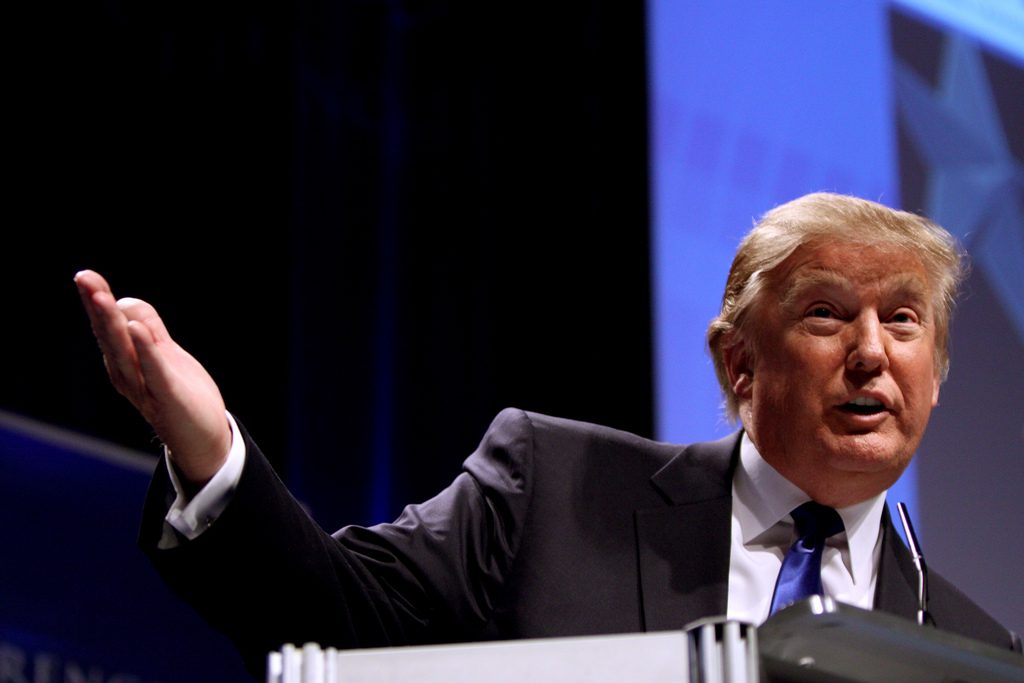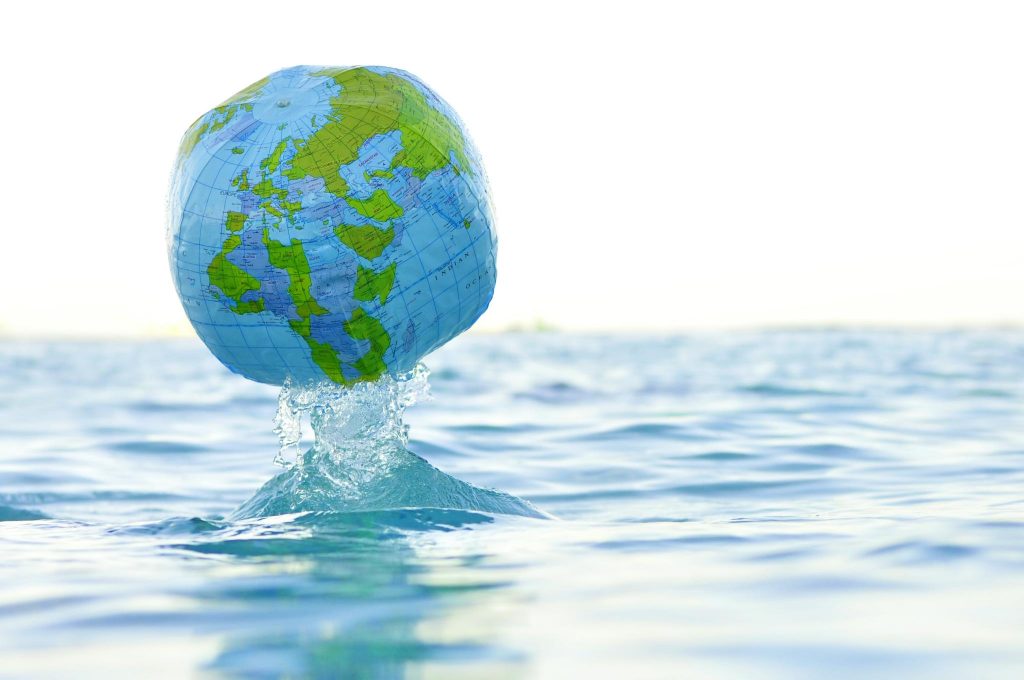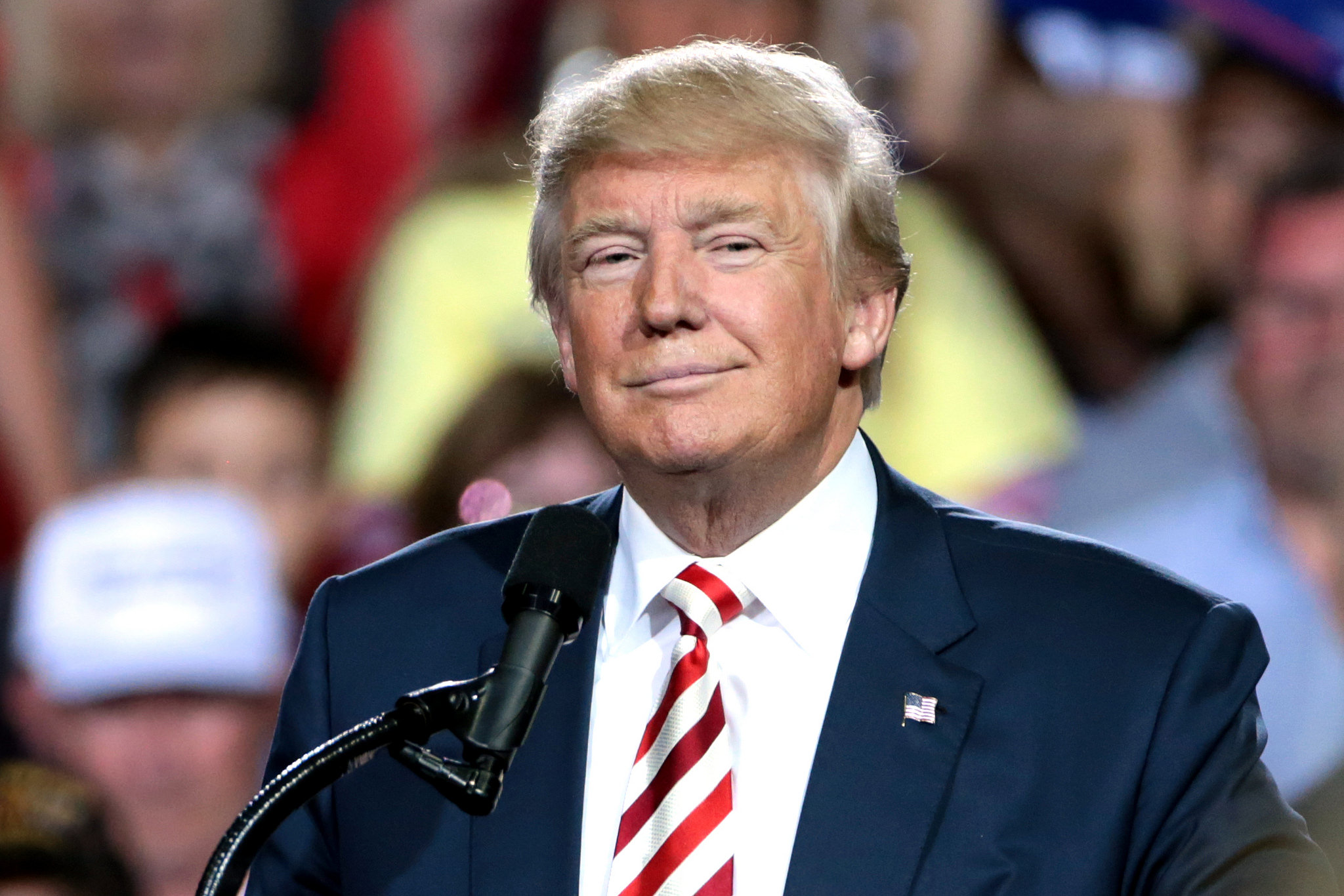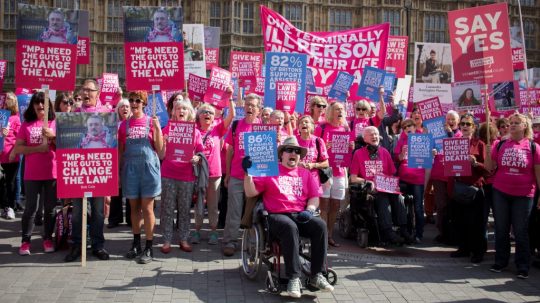World Environment Day is an annual feature on the global calendar, this year focusing on “connecting people with nature”. Yet while leaders from around the globe banded together to get people thinking how to protect and improve our environment, there was one notable absentee.
While we at RightsInfo mainly focus on human rights in the UK, we have previously commented on how President Trump’s policies could have an effect on rights across the world. Protecting the environment is a key part of our human rights, with many countries’ constitutions including a right to a healthy environment.
Even here in the UK, where this isn’t the case, the Human Rights Convention gives us several important protections. Wherever there is a harmful effect on a person’s private or family sphere because of the state’s failure to regulate the environment, there is a potential violation of the right to private and family life. Equally there might be a violation of your right to life due to environmental failings such as pollution.
So, why wasn’t President Trump feeling the love?

Image: Gage Skidmore / Flickr
World Environment Day has existed since 1974 and aims to get people thinking about ways to protect and improve the environment. Of course, improving the environment also means improving human rights.
Every year there is a different theme, and this year’s host country Canada chose “connecting people with nature” and encouraged us to head outdoors and post photos online. Thousands of people from across the globe tweeted #WorldEnvironmentDay. Yet there wasn’t a peep from the world’s Tweeter-in-Chief: President Donald Trump.
Canada is all in. This morning, we paddled to celebrate #WorldEnvironmentDay & our commitment to protect the planet for future generations. pic.twitter.com/fTByQNK8wd
— Justin Trudeau (@JustinTrudeau) June 5, 2017
President Trump’s record on protecting the environment isn’t exactly glowing. He’s already slashed budgets for programmes that protect clean air and water, removed restrictions on stopping mining waste being put into streams, and removed much of the climate change content on official websites.
His team have consistently played down the risks of climate change, and he has also signed an executive order to undo most of President Obama’s work on tackling the issue.
Just days ago he caused global outrage when he declared he was pulling the US out of the 2015 Paris Climate Agreement. This groundbreaking agreement on tackling climate change only came into force in November 2016 and is the first international environmental agreement to refer to human rights.
President Trump, however, wasn’t impressed. He said he wanted to negotiate a better environmental deal for the US. He emphasised (much to the horror of Pittsburgh) that he “was elected to represent the citizens of Pittsburgh, not Paris”.
So, what next for human rights and climate change?
 Leaders across the world have continued to express their disapproval at Trump’s lack of action in the area, with French President Emmanuel Macron directly taking a swipe at the US leader on Twitter.
Leaders across the world have continued to express their disapproval at Trump’s lack of action in the area, with French President Emmanuel Macron directly taking a swipe at the US leader on Twitter.
Canadian Prime Minister Trudeau also issued a statement saying he was “deeply disappointed” in Trump’s decision, adding “around the world, nearly every country is on our side”.
Environment day: a day a year to remind us our everyday responsibility to #MakeOurPlanetGreatAgain pic.twitter.com/7KfBIbarVQ
— Emmanuel Macron (@EmmanuelMacron) June 5, 2017
Taking action against climate change to protect our environment is a key human rights issue we must keep fighting for. After all, we’ve only got one planet – it’s vital we protect it.
Want to know more about this kind of stuff?
- See this article about President Trump’s decision to leave the Paris Agreement
- Read our explainer on how Donald Trump could affect our human rights
- Take a look at this United Nations discussion of the link between human rights and climate change







